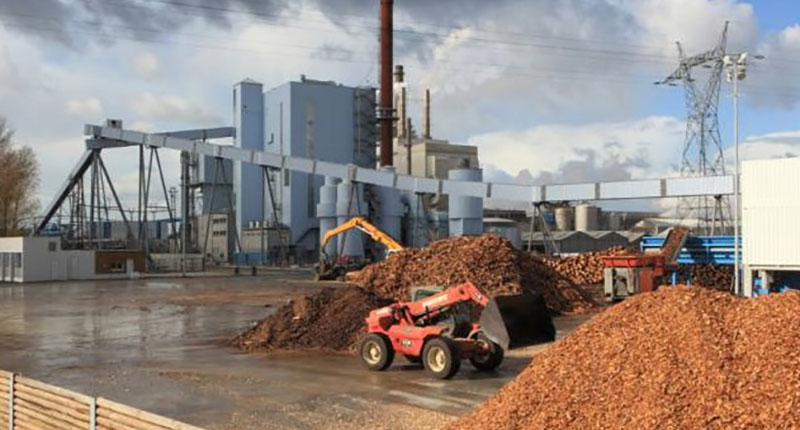
Thai sawdust and other biomass pellet manufacturers should accelerate production capacity and technology upgrading, in order to comply with Japan, South Korea and other countries in the Asia-Pacific region to develop renewable energy power generation for biomass pellet demand growth. Vietnam is currently the largest exporter of biomass pellets in Southeast Asia.
Global trade in wood pellets reached 23.8 million tons in 2018, an increase of 26 percent over the previous year. North America is the world's largest supplier of biomass pellets such as sawdust, with new markets and consumers driving strong growth in global demand, with Japan, South Korea and Denmark all seeing more than 40 per cent more imports than before. Japanese wood pellet imports more than doubled.
According to data provided by Kaitai Bank, Thailand exported 12,411 tons of wood pellets to Japan in 2018, which is expected to increase to 80,000-100,000 tons in 2020. Despite its rapid growth, Thailand still lags far behind Vietnam and Malaysia in terms of its share of wood pellet exports.
In 2018, Japan imported more than 1 million tons of wood pellets for the first time, double the previous year, with Canada as its main supply market of 63%, followed by Vietnam at 31%. Japan estimates that imports will rise to more than 15m-20m tonnes by 2030.
For Japanese importers, close and efficient logistics, sufficient and safe and sustainable raw materials, reliable and safe transportation infrastructure, safe manufacturing process and high quality assurance, in addition to capital, reliable ownership and economic and political stability are their first supplier considerations. What they are looking for is a 15-20 year supply contract.
The Governments of Japan and South Korea are actively promoting the progress of biomass energy power generation projects as planned, and have proposed the forest certification and legality of the chain of custody for the supply of biomass particles. Therefore, If Thai enterprises want to gain a higher market share in southeast Asia's fast-growing wood chips and other biomass pellet industry, in addition to the need to invest more money in production capacity technology, but also need to solve the problem of long-term stable supply of raw materials.
At present, the main supply market of sawdust biomass particles in South Korea comes from Southeast Asia, accounting for up to 95%. South Korea's official 2018 data put Vietnam at 63.8 percent, Malaysia at 16.8 percent, Thailand at 9.6 percent, Indonesia at 6.2 percent, and about 4 percent from Russia and Canada.
Although Thailand has great potential in banana cultivation and wood processing, domestic politics, logistics and biomass supply management still have many issues to be resolved. Thailand is considered the world's most important manufacturing and export market for wood pellets.
The global biomass pellet market is mainly to meet the power generation, heating and fiberboard, particleboard and other industrial development needs.